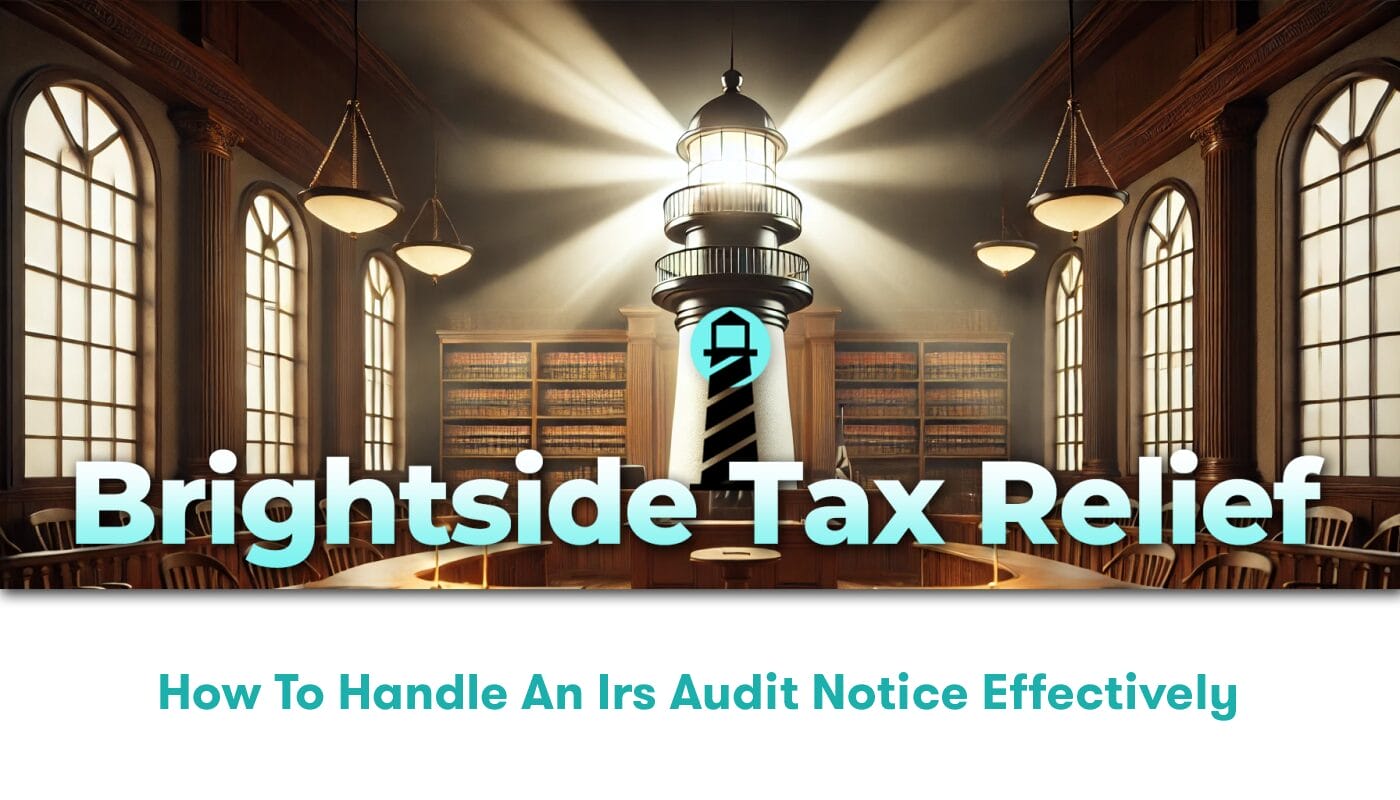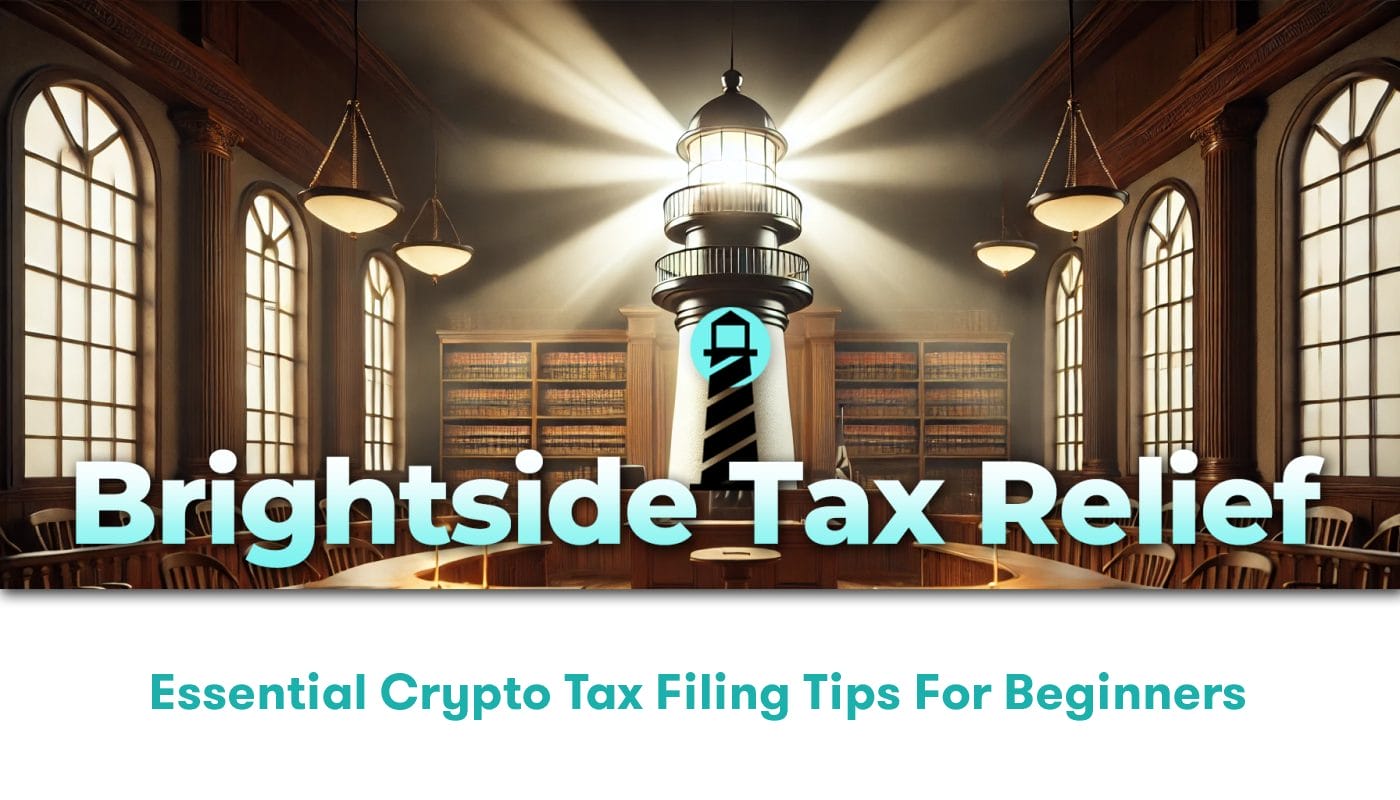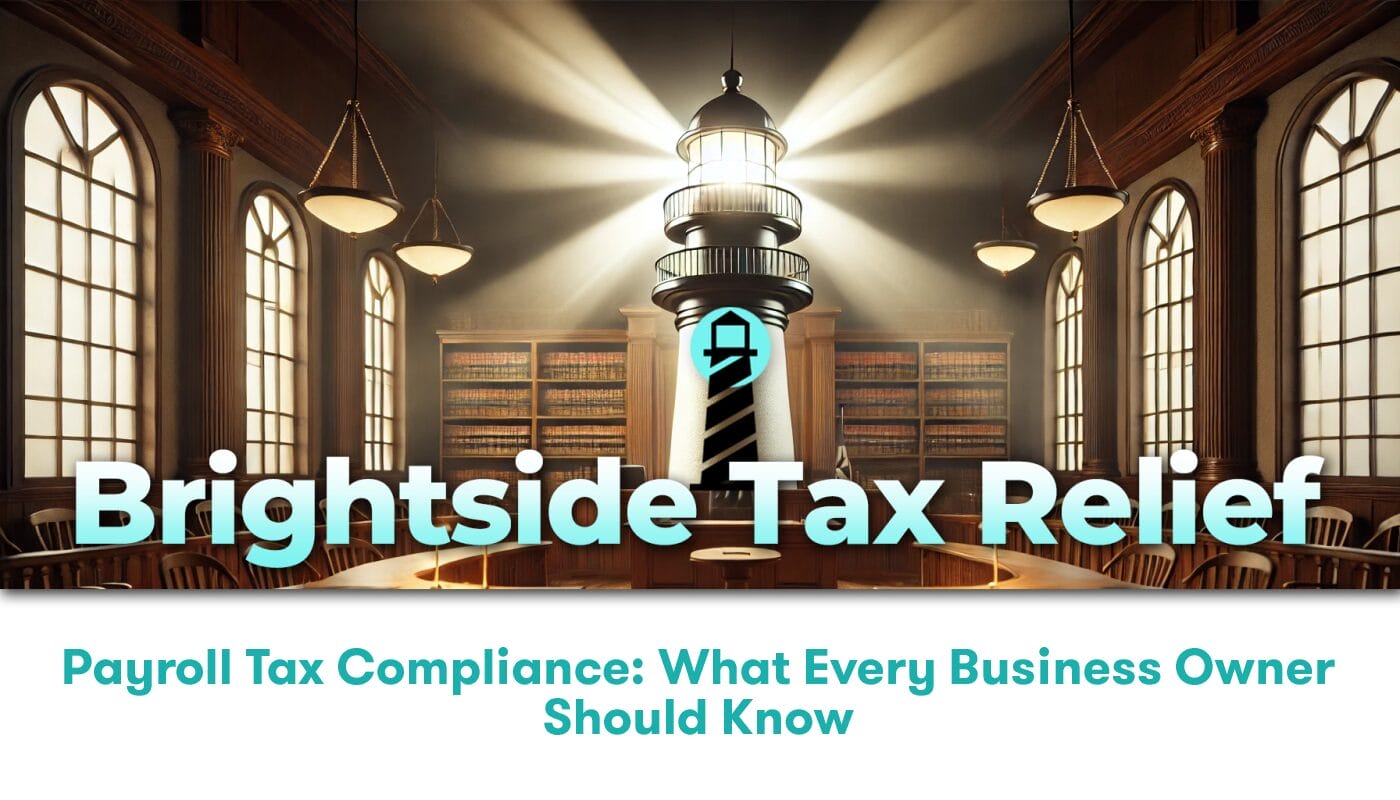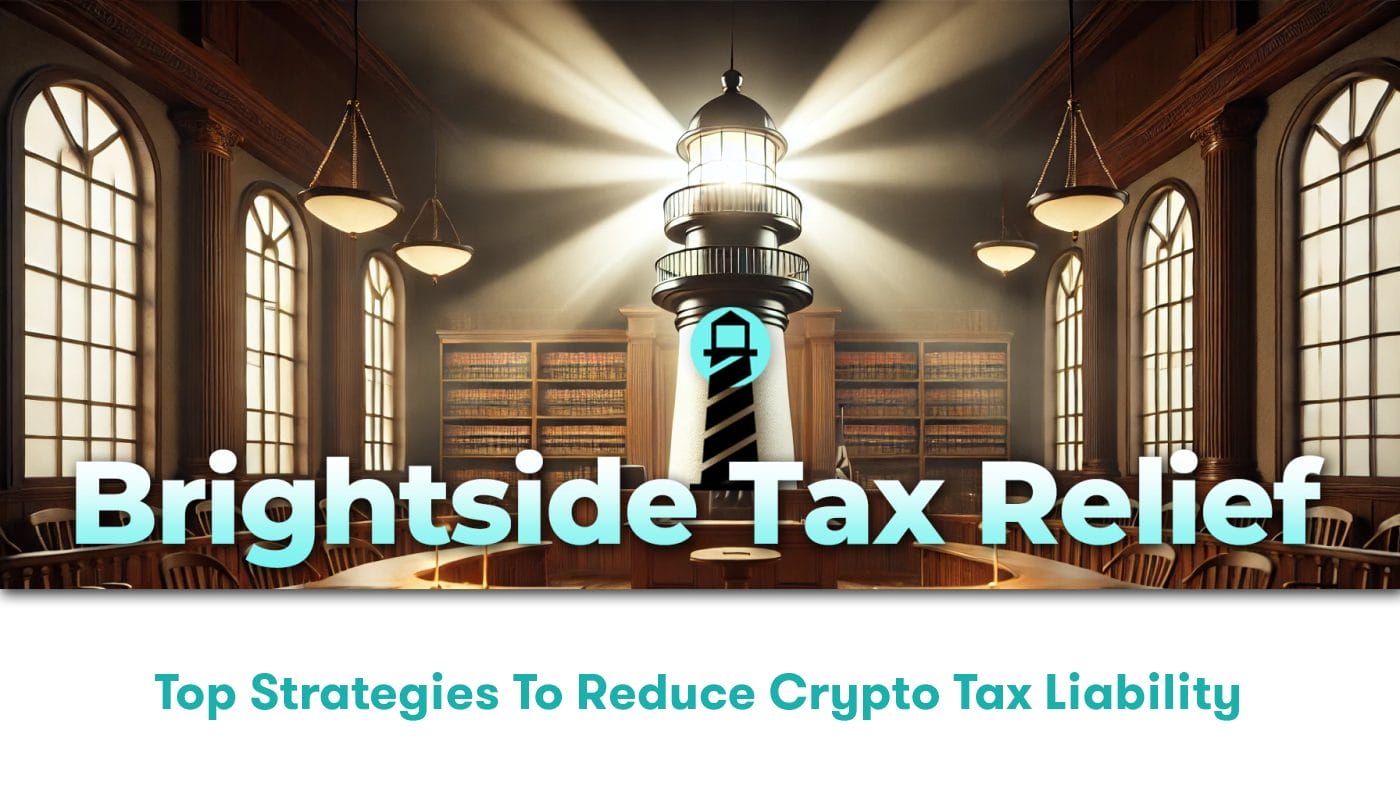Navigating the Partnership Tax Maze: A Spotlight on Common Issues
Partnerships, the darlings of the business world, offer flexibility and tax advantages that make entrepreneurs weak in the knees. However, these benefits come with a side of complexity that can leave even the savviest business owners scratching their heads. From calculating basis to allocating income and losses, partnership taxation is a labyrinth of rules and regulations that can make your head spin faster than a tax return on April 14th.
One of the most common stumbling blocks for partnerships is the dreaded Schedule K-1. This innocuous-looking form is the bane of many partners’ existence, as it reports each partner’s share of income, deductions, and credits. Filling out this form correctly is crucial, as errors can lead to audits, penalties, and a whole lot of headaches. It’s like trying to solve a Rubik’s cube blindfolded while riding a unicycle – possible, but not recommended without professional help.
Another thorny issue in partnership taxation is the concept of “basis.” No, we’re not talking about the foundation of a building, but rather the partner’s investment in the partnership. Keeping track of basis is essential for determining the tax consequences of distributions and losses. It’s a bit like trying to keep score in a game where the rules change every inning, and the scoreboard is written in hieroglyphics. Without proper guidance, partners can find themselves in hot water faster than you can say “tax liability.”
Unraveling the Partnership Tax Knot: A Detailed Breakdown
Let’s dive deeper into the murky waters of partnership taxation, shall we? One of the most perplexing aspects is the allocation of income and losses among partners. Unlike corporations, where profits are distributed based on stock ownership, partnerships have more flexibility in how they divvy up the financial pie. This flexibility can be a double-edged sword, as improper allocations can raise red flags with the IRS faster than a cat video goes viral on the internet.
The concept of “substantial economic effect” comes into play here. It’s the IRS’s way of ensuring that partnership allocations reflect the economic reality of the business, rather than being a clever tax-avoidance scheme. Navigating this principle is like trying to perform brain surgery while juggling chainsaws – it requires precision, expertise, and a healthy dose of courage. Partnerships must carefully document their allocation methods and ensure they align with the partners’ economic interests, or risk facing the wrath of the IRS.
Another potential minefield in partnership taxation is the treatment of guaranteed payments. These are payments made to partners for services or the use of capital, regardless of the partnership’s income. While they may seem straightforward, the tax implications can be as convoluted as a soap opera plot. Guaranteed payments are treated differently from regular distributions, and mischaracterizing them can lead to unexpected tax consequences. It’s like playing a game of financial Jenga, where one wrong move can bring the whole structure tumbling down.
Brightside Tax Relief: Your Local Lighthouse in the Sea of Partnership Taxation
When it comes to tackling partnership tax issues, having a local expert in your corner can make all the difference. Enter Brightside Tax Relief, your friendly neighborhood tax wizards. With their nationwide reach and local expertise, they’re like the superhero team of the tax world – ready to swoop in and save you from the villainous clutches of the IRS.
Brightside Tax Relief doesn’t just offer cookie-cutter solutions; they tailor their approach to each partnership’s unique needs. It’s like having a bespoke suit made for your taxes – perfectly fitted to your specific situation. Their team of tax professionals stays up-to-date on the latest partnership tax regulations, ensuring that you’re always ahead of the curve. In the ever-changing landscape of tax law, this knowledge is more valuable than a treasure map in a pirate movie.
But what really sets Brightside apart is their commitment to client education. They don’t just solve your tax problems; they empower you to understand and manage your partnership’s tax situation better. It’s like the old saying goes, “Give a man a fish, and he’ll eat for a day. Teach a man to fish, and he’ll never have to worry about partnership tax issues again.” Okay, maybe that’s not exactly how the saying goes, but you get the idea. With Brightside, you’re not just getting a tax service; you’re gaining a partner in your financial success.
Brightside’s Winning Formula: Tackling Partnership Tax Woes
When it comes to addressing tax issues for partnerships, Brightside Tax Relief stands out as the go-to solution for businesses nationwide. Their team of expert tax professionals has a deep understanding of the complexities surrounding partnership taxation, ensuring that your business stays compliant while maximizing tax benefits.
One of the key reasons to choose Brightside Tax Relief is their comprehensive approach to partnership tax issues. They don’t just focus on solving immediate problems; they work proactively to prevent future complications. This forward-thinking strategy can save partnerships significant time, money, and stress in the long run.
Moreover, Brightside Tax Relief offers personalized solutions tailored to each partnership’s unique needs. They recognize that no two businesses are exactly alike, and their customized approach ensures that you receive the most effective tax relief strategies for your specific situation. Whether you’re dealing with IRS audits, tax debt, or complex filing requirements, Brightside’s team has the expertise to guide you through the process with confidence.
Demystifying Partnership Tax Dilemmas: Your Burning Questions Answered
Navigating the maze of partnership taxation can be daunting, but Brightside Tax Relief is here to shed light on some of the most common questions and concerns. One frequent query is how to handle discrepancies in partnership tax returns. Brightside’s experts can guide you through the process of filing amended returns and negotiating with the IRS to minimize penalties and interest.
Another pressing issue for many partnerships is the allocation of profits and losses among partners. Brightside Tax Relief can help you structure these allocations in a way that is both tax-efficient and compliant with IRS regulations. They can also assist in developing strategies to maximize deductions and credits specific to your partnership’s industry and operations.
Many partnerships also struggle with the complexities of international taxation, especially if they have partners or operations in multiple countries. Brightside Tax Relief has extensive experience in this area, helping partnerships navigate the intricacies of foreign tax credits, transfer pricing, and compliance with international tax treaties.
Charting Your Course: Partnering with Brightside for Tax Success
Taking the first step towards resolving your partnership’s tax issues with Brightside Tax Relief is a straightforward process. Begin by reaching out to their team of friendly professionals at 844-638-0800. During this initial consultation, you’ll have the opportunity to discuss your specific tax concerns and get a clear picture of how Brightside can help.
Once you’ve decided to move forward with Brightside Tax Relief, their team will conduct a comprehensive review of your partnership’s tax situation. This thorough analysis allows them to identify potential issues, develop tailored solutions, and create a strategic plan to address your tax challenges effectively.
Brightside Tax Relief doesn’t just stop at problem-solving; they’re committed to empowering partnerships with the knowledge and tools needed for long-term tax success. As part of their service, they offer educational resources and ongoing support to help you stay informed about tax law changes and best practices for partnership taxation.





